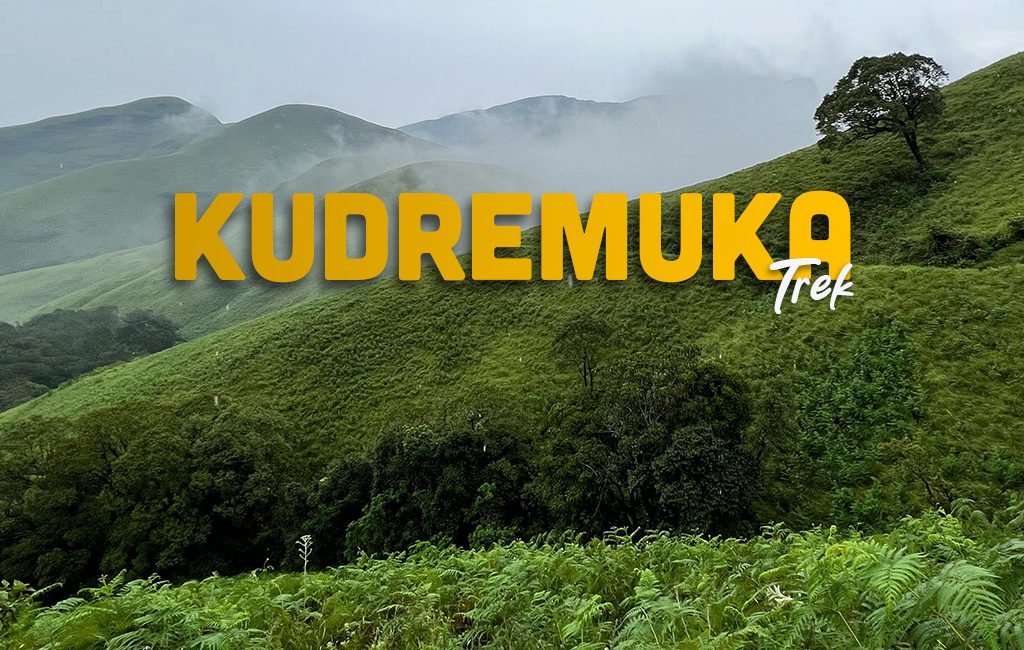10 Surprising Benefits of Trekking for Your Mind and Body
Trekking is more than just an outdoor activity; it’s an enriching experience that brings together adventure, fitness, and a deep connection with nature. Whether you’re conquering rugged mountain trails or exploring serene forest paths, trekking offers numerous benefits for both your body and mind. It fosters resilience, enhances well-being, and provides a unique way to break away from the stress of daily life.
Let’s dive into the incredible benefits of trekking that make it one of the best activities for overall wellness.

Boosts Physical Fitness and Endurance
One of the most apparent benefits of trekking is the significant improvement in physical health. Trekking engages multiple muscle groups, enhances cardiovascular strength, and improves overall endurance. Unlike routine workouts, trekking provides a full-body workout while immersing you in breathtaking landscapes.
How Trekking Improves Your Fitness:
- Strengthens leg muscles: Climbing steep trails builds muscle strength, especially in the calves, quadriceps, and glutes.
- Enhances heart health: Walking on uneven terrains elevates heart rate, improving cardiovascular endurance.
- Increases flexibility and balance: Navigating rocky trails enhances core stability and coordination.
- Burns calories: Trekking can burn between 300-600 calories per hour, making it an excellent weight-loss activity.
Trekking vs. Gym Workouts:
| Fitness Aspect | Trekking | Gym Workout |
| Cardio Health | ✅ Yes | ✅ Yes |
| Muscle Strength | ✅ Yes | ✅ Yes |
| Stress Reduction | ✅ High | ⚠️ Moderate |
| Adventure Factor | ? High | ❌ Low |
If you find indoor workouts monotonous, trekking is a natural and adventurous alternative to staying fit.
Reduces Stress and Boosts Mental Well-being
Trekking provides a powerful escape from daily stressors, allowing you to reconnect with nature and reset your mind. Spending time outdoors has been scientifically proven to reduce cortisol levels, the stress hormone, and increase serotonin, which boosts happiness.
How Trekking Helps Mental Health:
- Reduces anxiety and depression: The peaceful environment, fresh air, and physical exertion release endorphins, the “feel-good” hormones.
- Improves focus and mindfulness: Walking through scenic landscapes enhances concentration and mindfulness.
- Strengthens emotional resilience: Overcoming challenging terrains boosts self-confidence and problem-solving skills.
Studies show that people who spend more time in nature experience lower stress levels and improved mental clarity. Trekking offers the perfect setting to clear your mind and boost emotional well-being.
Encourages a Digital Detox
In today’s fast-paced world, we’re constantly bombarded with notifications, emails, and social media updates. Trekking offers a break from digital distractions, allowing you to be present in the moment.
Why Digital Detox Matters:
- Enhances real-life interactions: Trekking with friends or groups fosters genuine social connections.
- Reduces screen fatigue: Continuous screen exposure can lead to eye strain and headaches; nature provides a refreshing visual break.
- Improves sleep quality: Reduced blue light exposure before bedtime promotes better sleep patterns.
Disconnecting from technology and reconnecting with nature enhances mindfulness and deepens appreciation for life’s simple pleasures.
Strengthens Social Bonds
Whether you trek solo or in groups, the experience fosters meaningful relationships. Trekking in a group setting enhances teamwork, communication, and camaraderie.
Trekking as a Social Activity:
- Promotes teamwork: Planning routes, carrying supplies, and navigating trails encourage cooperation.
- Strengthens friendships: Sharing breathtaking moments creates lasting memories.
- Encourages personal growth: Learning survival skills, setting goals, and achieving them together builds trust and resilience.
Spending time in nature with friends and family deepens connections, creating unforgettable experiences.
Boosts Immune System and Longevity
Regular trekking strengthens the immune system by exposing the body to different environments and improving overall health. Fresh air, sunlight, and physical activity contribute to better immunity and longevity.
Immune-Boosting Benefits of Trekking:
- Increases Vitamin D intake: Sunlight exposure strengthens bones and immune functions.
- Enhances lung capacity: Breathing in pure mountain air improves respiratory health.
- Regulates blood pressure: Walking in nature has a calming effect, helping to maintain healthy blood pressure levels.
Studies suggest that spending more time outdoors can increase lifespan by reducing the risk of chronic illnesses.
Develops Problem-Solving and Survival Skills
Navigating challenging terrains, unpredictable weather, and unfamiliar landscapes sharpens problem-solving skills. Trekking teaches adaptability and resilience, essential for handling real-life challenges.
Skills You Develop Through Trekking:
- Navigation and orientation: Using maps, GPS, or natural landmarks enhances directional skills.
- Decision-making under pressure: Facing unexpected obstacles improves quick thinking.
- Self-sufficiency: Packing essentials, setting up camps, and cooking outdoors increase survival capabilities.
These experiences foster independence and confidence, making you better equipped to handle life’s uncertainties.
Enhances Creativity and Inspiration
Nature has been a source of inspiration for writers, artists, and thinkers throughout history. The serene environment, fresh air, and expansive landscapes spark creativity and innovation.
How Trekking Fuels Creativity:
- Encourages new perspectives: Seeing diverse landscapes broadens horizons.
- Boosts brain function: Physical activity increases oxygen flow to the brain, enhancing creativity.
- Breaks mental blocks: A change of environment stimulates fresh ideas and insights.
If you’re feeling stuck in a creative rut, a trekking adventure might be the perfect solution.
Eco-Friendly and Sustainable Travel
Unlike conventional tourism, trekking promotes sustainable travel with minimal environmental impact. By choosing eco-friendly practices, you contribute to nature conservation and responsible tourism.
Eco-Friendly Trekking Practices:
- Leave no trace: Carry out waste and respect wildlife.
- Support local communities: Buy local products and respect cultural traditions.
- Choose sustainable trails: Stick to designated paths to prevent ecosystem damage.
Trekking fosters environmental awareness and a sense of responsibility toward nature.
FAQs About Trekking Benefits
Is trekking suitable for beginners?
Yes! Beginners can start with easy trails and gradually progress to more challenging hikes. Proper preparation and the right gear make trekking accessible to all fitness levels.
What equipment is essential for trekking?
Essential gear includes proper hiking boots, weather-appropriate clothing, a backpack, hydration packs, and a first-aid kit.
How does trekking compare to other forms of exercise?
Trekking offers a full-body workout while combining the benefits of cardio, strength training, and mental relaxation, unlike traditional gym exercises.
Can trekking help with weight loss?
Yes! Trekking burns calories, boosts metabolism, and helps maintain a healthy weight.
How often should I go trekking for optimal benefits?
Going on a trek once or twice a month can provide significant physical and mental health benefits.
What are the best destinations for trekking?
Popular trekking destinations include the Himalayas, the Alps, the Rocky Mountains, and national parks worldwide.

